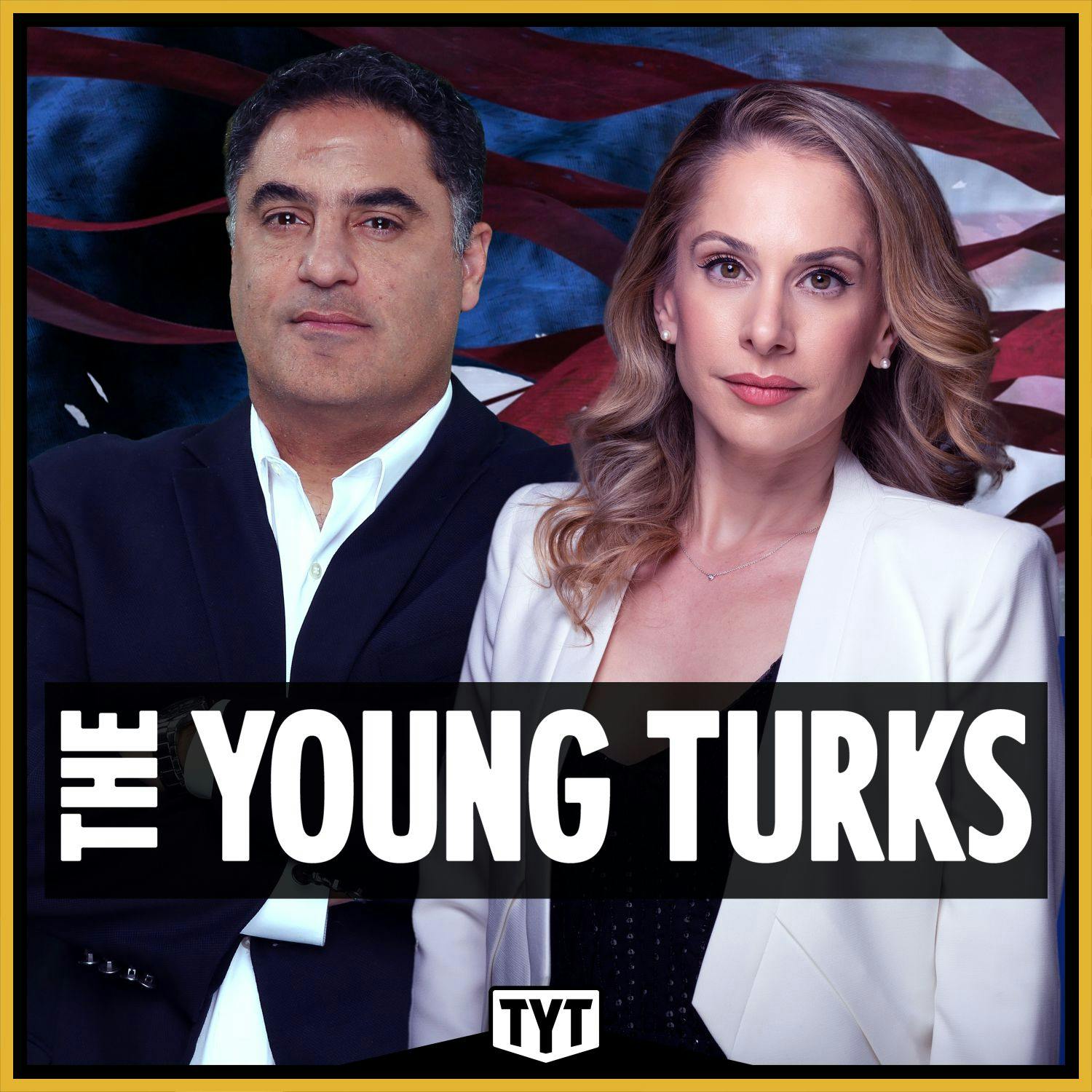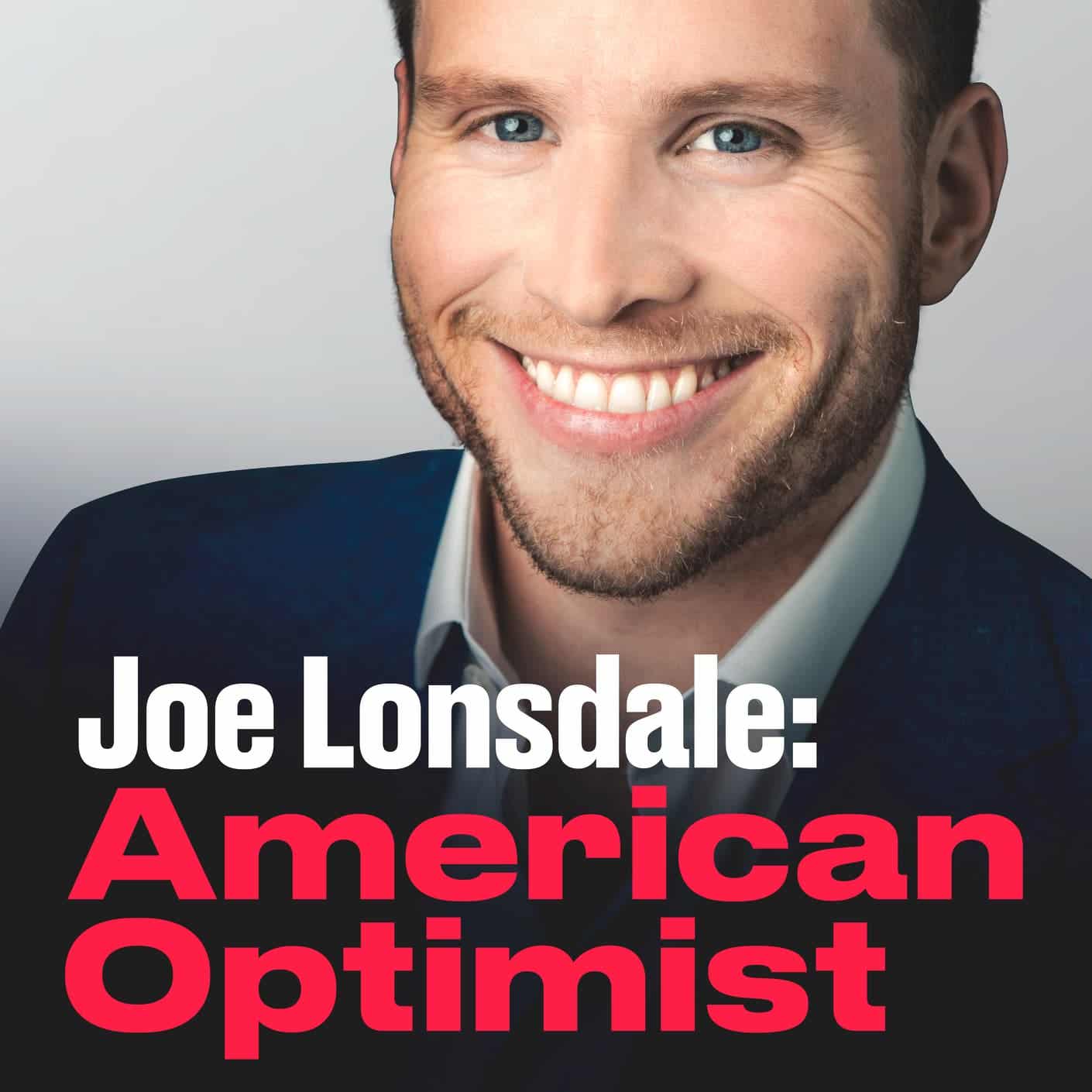PortalsOS
Related Posts
Vote to see vote counts

The failure of mainstream media to adapt has allowed independent voices to thrive, creating a platform for diverse conversations that traditional media couldn't provide due to format constraints and ideological limitations.

Online media is exposing the influence of foreign governments and corporate donors on U.S. politics, challenging traditional media narratives.
The democratization of media through podcasts and social media allows for more diverse voices and perspectives, challenging traditional gatekeepers.

The media landscape is shifting with conservative control over mainstream outlets, posing challenges for progressive voices to gain traction.

The influence of Fox News has diminished, leading to a wider range of opinions on the right and a decrease in uniform talking points.

The rise of partisan media has led to a more divided public, with audiences seeking content that reinforces their existing beliefs rather than challenging them.

The Times pretends to be unbiased, but its bias is evident, unlike the Free Press, which is open about its stance.

Working at Amazon involved a strong focus on customer satisfaction, with Jeff Bezos personally addressing issues like late book deliveries.

Barry Weiss has now taken over at CBS News as editor-in-chief. This move is significant because Barry is known for her willingness to hear perspectives from the right, marking a shift in legacy media towards acknowledging conservative viewpoints. This change is seen as a positive development in the media landscape.
The pressure on right-wing media figures to align with pro-Israel sentiments reflects broader tensions within conservative circles regarding support for Israel.